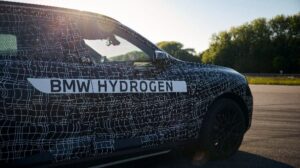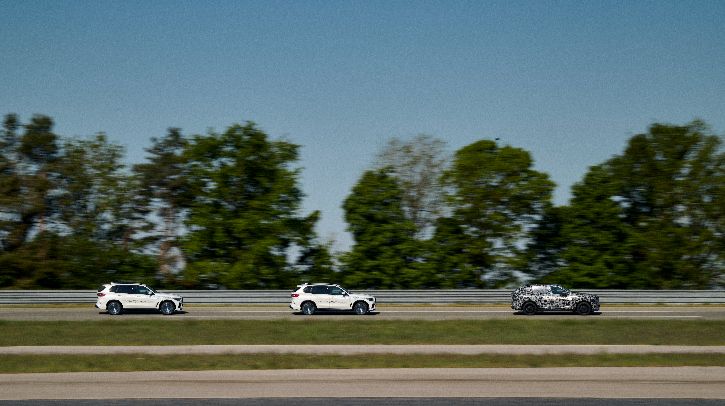The BMW Group has launched a vehicle with five different drivetrain technologies, one of which is hydrogen. The BMW X5 will offer drivers a choice of battery-electric, plug-in hybrid, gasoline, diesel and hydrogen fuel cell technology. The HyMoS (Hydrogen Mobility at Scale) initiative is designed to promote the development of hydrogen ecosystems and refueling stations in metropolitan areas, and aims for an initial pilot in Germany.
“By launching the new BMW X5 with a choice of five drive system variants, we are once again demonstrating our leading position as a technology pioneer,” said Joachim Post, a member of the board of management of BMW. “Hydrogen has an essential part to play in global decarbonization, which is why we are committed to driving the technology forward.”
BMW has prepared for the wider range of drive technologies by establishing flexible manufacturing systems and leveraging deep integration expertise. From 2028, the X5 range will include battery-electric and hydrogen fuel cell variants.

The BMW iX5 hydrogen
Michael Rath, vice president of hydrogen vehicles at BMW Group, said, “The new BMW iX5 Hydrogen will be a true BMW – pioneering in its class and delivering the typical BMW driving pleasure.”
The drive technology is based on the third-generation fuel cell system that the BMW Group is developing in collaboration with Toyota Motor Corporation.
This technological advance aims to pave the way for a system with a more compact design that is also more powerful and efficient, thereby increasing range and output while reducing energy consumption.
HyMoS initiative
BMW is also involved in efforts to expand the hydrogen refueling network. The HyMoS initiative was established to support hydrogen ecosystems for mobility in cooperation with industry and institutional partners. The initiative aims to increase the economic viability of hydrogen mobility ecosystems by pooling the demand for all types of vehicles, including trucks, buses and passenger cars, to achieve optimal distribution and use of hydrogen stations. A pilot phase began with the support of existing ecosystems in Germany and France to gather experiences for deployment in other metropolitan areas and a potential later expansion to other countries.
In related news, Stellantis discontinues hydrogen fuel cell technology development program


